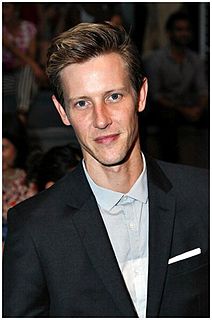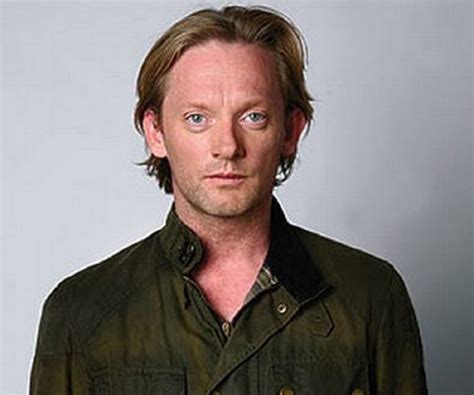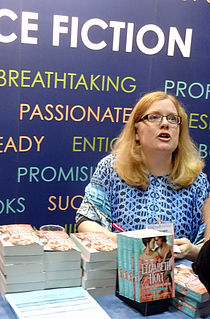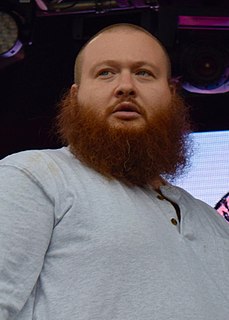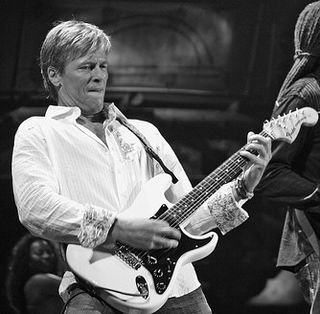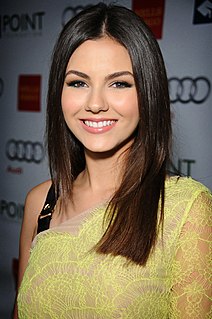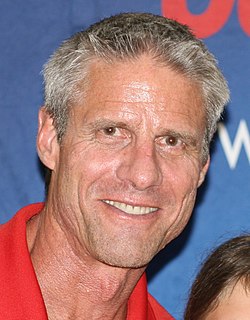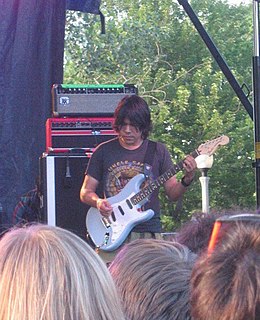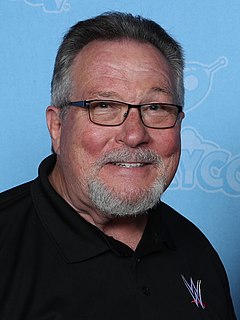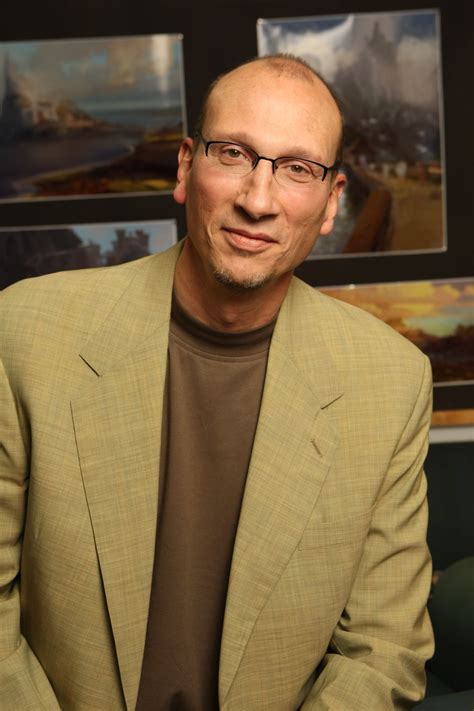A Quote by Gabriel Mann
When I started in the mid-'90s, the goal was really to shoot for a film career and stay there.
Related Quotes
I pretty much started out writing full time. I was an at-home mom and when my youngest entered kindergarten, I started writing. I was 35, and before that I really hadn't written at all. Which means, I guess, that a) it's never too late to start a writing career (or any career you really want) and b) it's OK to get to your mid-30s and still not know what you want to be when you grow up.
I came back to Haiti after the earthquake not to shoot a film, but to help and be a part of the rebuilding process, like all my fellow compatriots. I didn't come to shoot a film, but I became frustrated when I realized that my help was kind of useless. We all felt lost and helpless. And it's out of that frustration that I decided to shoot a film.
